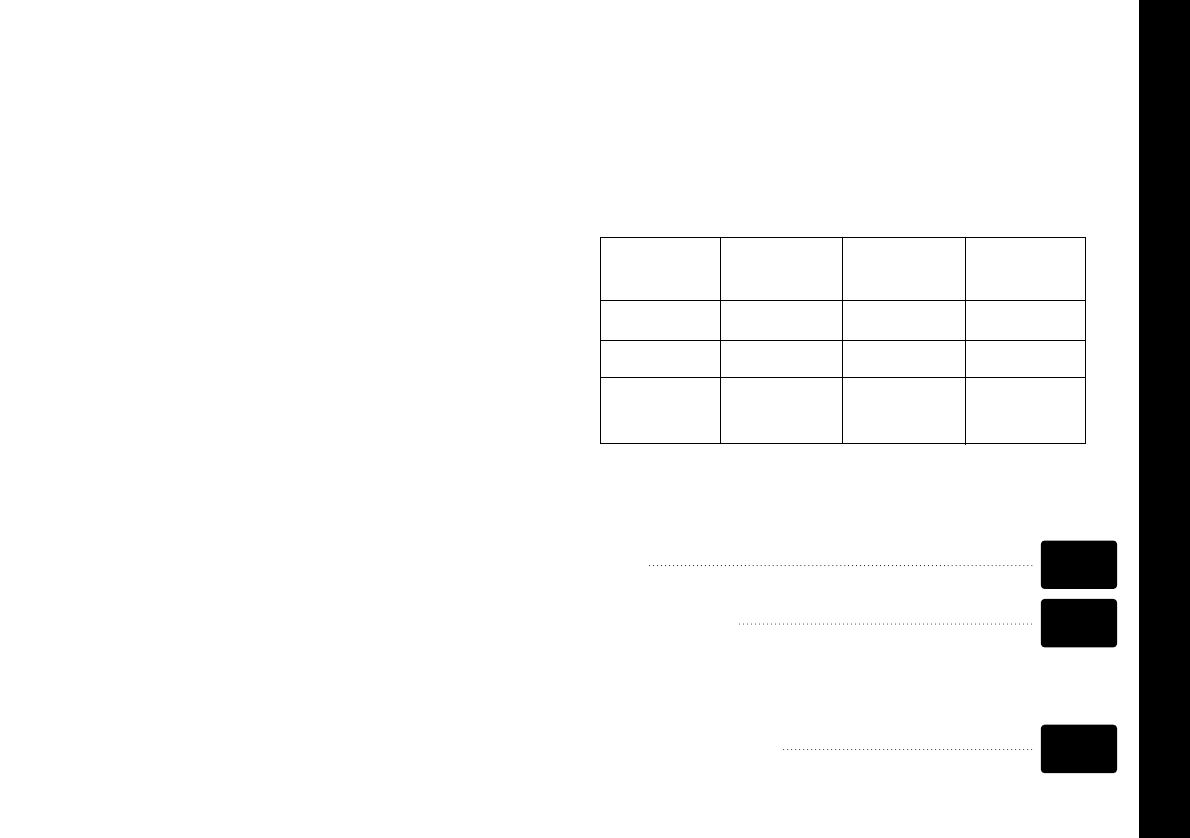
Proportional cycle-time
The choice of cycle-time is influenced by the external switching
device or load. eg. contactor, SSR, valve. A setting that is too long
for the process will cause oscillation and a setting that is too short
will cause unnecessary wear to an electro-mechanical switching
device.
CYCLE-TIME SELECTION METHODS
The following methods of cycle-time selection may be used:
Autotune calculated
After Autotune has been run and completed the calculated
cycle-time can be manually accepted or adjusted to suit the
switching device. For selection method see Select Autotune
Calculated Cycle-time.
Pre-select Autotune cycle-time
The controller can be programmed to automatically accept
any calculated Autotune cycle-time. For selection method
see Pre-Select Automatic Acceptance of Any Autotune
Cycle-time, page 10.
Pre-select before Autotune
The controller can be programmed manually with any
cycle-time between 0.1 and 81 sec. This cycle-time will not be
changed by any Autotune functions. For selection method see Pre-
Select Cycle-time Before Autotune, page 10.
Factory set
To use the 20 sec factory set cycle-time no action is needed
whether autotune is used or not.
CYCLE-TIME RECOMMENDATIONS
To Select AUTOTUNE CALCULATED CYCLE-TIME
On completion of Autotune enter program mode.
Select
The controller will display
CYC.t
and
20
(the factory
setting) in seconds
To view the calculated optimum cycle-time press and hold
the ✱ button then press and hold ▼ until indexing stops.
The controller will display the calculated cycle-time in the
lower display e.g.
A16
. This indicates that the calculated
cycle-time is 16 seconds
PROPORTIONAL CYCLE-TIME
9
Output
Device
Load max
(resistive)
Factory
Setting
Recommended
Minimum
Internal relay
rLY/rLY1
Internal relay
rLY2
20 seconds
20 seconds
20 seconds
10 seconds
2A/250 Vac
1A/250 Vac
Externally
fitted SSR
(n/a)
Solid state
drives
SSd/SSd1/SSd2
10 seconds
0.1 seconds
CYC.T
CYC.T
20
CYC.T
A16


















